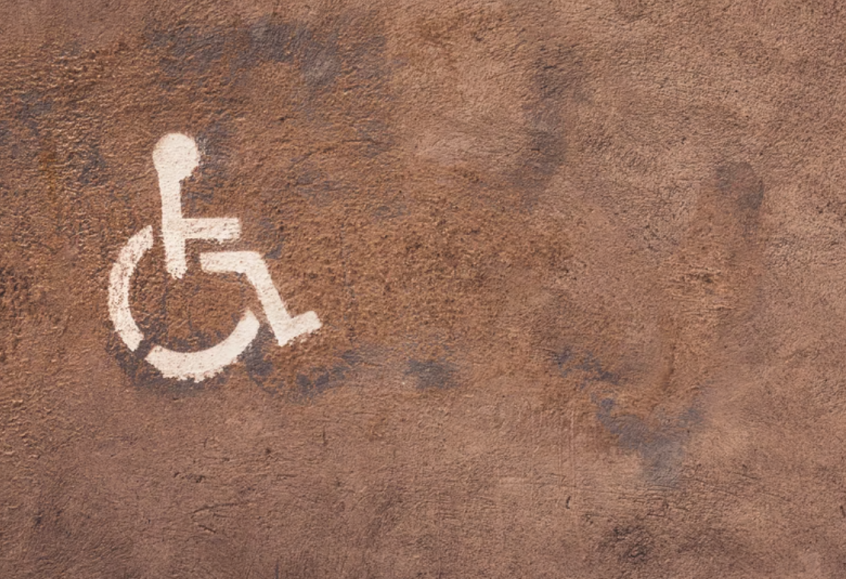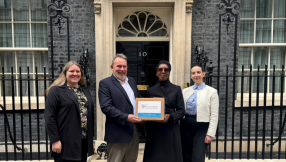
Are those campaigning on climate change talking to or including those with disabilities? No, they're not.
Why? Because we're rather inconvenient, and we don't fit the narrative.
Here is just one example from the BBC, an article about an Israeli delegate who uses a wheelchair and who has been unable to access COP26.
Sadly, this comes as no surprise to many disabled people because we tend to be an afterthought in most things.
It's an enlightening read if you don't know that many of us who work can't access the places we need to be.
It does seem that discussions around zero emissions in this country have completely missed not just disabled people but those living in in extreme poverty.
Because I'm responding to this particular article in the BBC, my main focus is on wheelchair users, but the issues affect many other people who are disabled.
Many disabled people who need to live with the outcomes of certain legislation that will be put in place, including from our own government, are not being consulted or thought about.
Take electric cars, for example - you know, the ones we will all need to have by a certain date? Try finding one that is big enough to take a hoist and a power wheelchair. It's impossible. Not to mention the fact that carrying that heavy wheelchair in a car will use more battery power - so more stops will be required when trying to travel a distance for work.
We've also been told that using public transport is better for the environment.
I live in an area with the most expensive train fares in the country and only two wheelchair spaces on each train - and one of those is in first class. Plus, half the trains are inaccessible to power chairs. I have to book at least 48 hours before I travel, and already struggle to get the train times I want, because, guess what? Other disabled people work too!
For buses, most wheelchair users are competing with pushchairs for the one or two spaces that are available, and regularly get left at the bus stop by drivers. Trying to use a bus as a wheelchair user is highly stressful, and often comes with disparaging remarks from other bus users.
Get a taxi? Don't make me laugh! With each council taking out kerbs and/or putting in more cycle lanes, trying to just get into a taxi with a wheelchair is getting harder by the day.
The number of taxi drivers who refuse to take a wheelchair user or people with assistance dogs is many, so you can be waiting a very long time for a taxi to stop.
Before Covid, on a very cold day, I had two taxis drive past me when I used a taxi app to order (hailing a taxi never works if you use a power chair). They hadn't seen my note about using a power chair, so drove on by when they realised. I reported both, but by the time I got a taxi 40 minutes later I was so cold I was blue and struggling to breathe.
To quote one Twitter user, "Don't ask disabled people to accept less from business and government than non-disabled people take for granted."
I agree, but in the context of climate change, don't expect us to accept being collateral damage because we are an inconvenient fact in the planned changes.
Kay Morgan-Gurr is Co-Founder of the Additional Needs Alliance, part of the Evangelical Alliance Council. She is a visually impaired wheelchair user and blogs at www.ThePonderingPlatypus.com. Follow her on Twitter @kaymorgan_gurr
More from Kay Morgan-Gurr
When churches are ready to livestream for evangelistic purposes but not for the disabled
Choosing online church doesn't mean we don't have faith
Disability-selective abortion says some lives are worth more than others: this must stop
Could we have some more disabled people on TV please?













